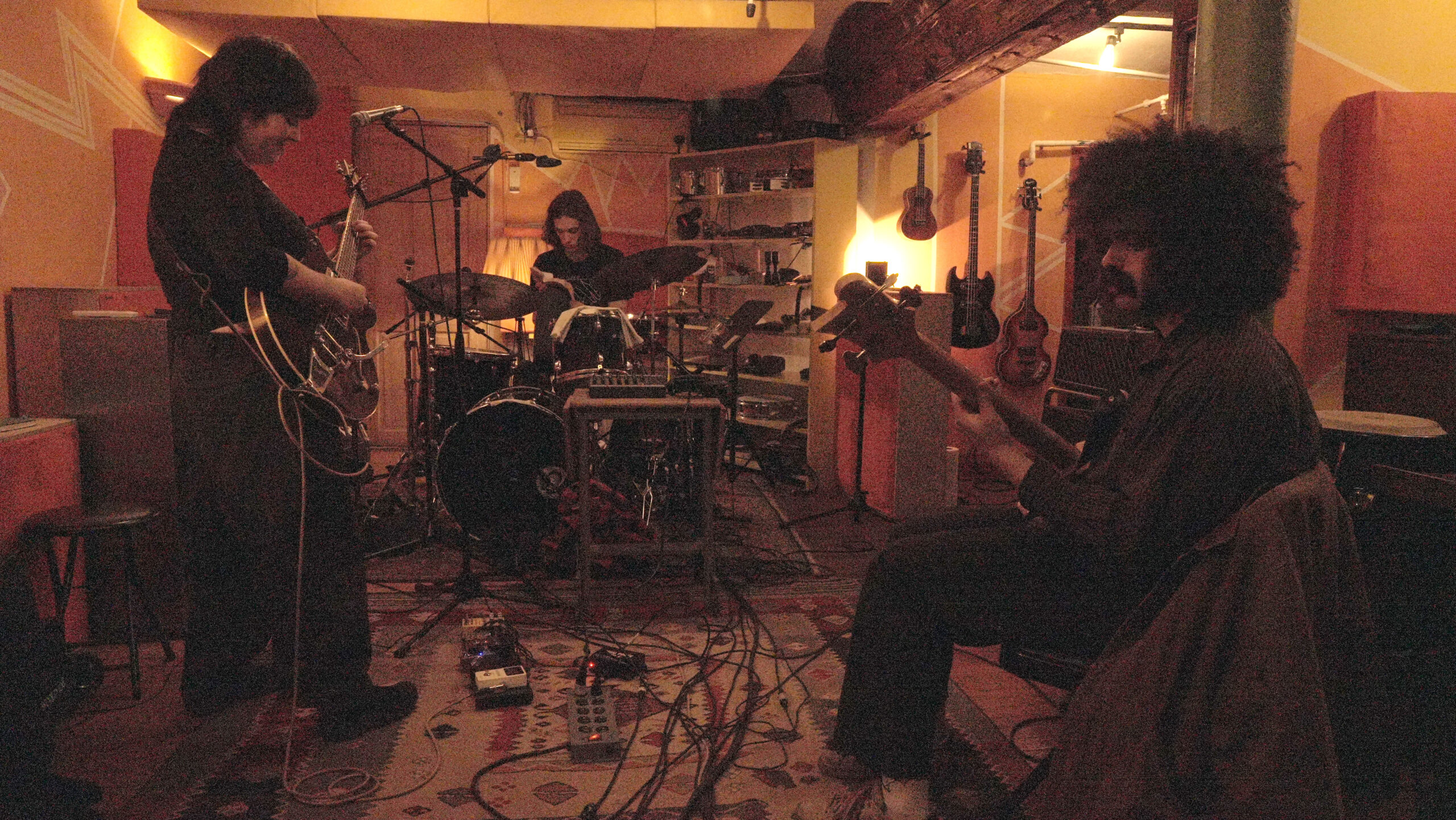A Newly-Released Report Details The New School’s Investment in Fossil Fuels
With Reporting by Shawn Carrié and NiQyira Rajhi
After years of controversy and calls for transparency from students, a report was released in January that shows how much of the university’s endowment is invested in fossil fuels. This is the first time that The New School has disclosed a report outlining its investments in fossil fuels.
The New School commissioned Jeffrey Slocum & Associates, an institutional investment research firm, to write the report that details precisely how much of the university’s endowment is invested in fossil fuels companies. It discloses the names of the companies, identifies which investment portfolios the school has its money in and projects the possible financial impact that eliminating investment in these fossil fuel companies would have. Yet, the release of Slocum’s report does not indicate any immediate change.
“The report is really just more information to help guide the Board towards a final decision,” said New School President David Van Zandt.
Main Facts:
1.4% of TNS’s total Endowment is invested in fossil fuels, or $3,056,340.oo
Largest Investment: Devon Energy Corp: $1.1 million
The New School’s Endowment is $218,310,000 (2012)
The report lists the 28 fossil fuel companies that The New School invests in, which make up 3.7 percent of its stock holdings. These fossil fuel stocks account for 1.4 percent of the university’s total endowment, or about $3 million.
The report analyzes two types of investments: direct investments, which are concentrated in a single company, and commingled investments, where capital is pooled by a number of investors into an fund representing an aggregated portfolio of many different companies.
Commingled investments are more difficult to pull out from than direct investments, since the university has little say in what companies the group of investors chooses to invest in, a research assistant for the Advisory Committee on Investor Responsibility (ACIR), who asked not to be named for this article, explained. The New School’s largest investment in fossil fuels is with the commingled investment manager, Greenhaven Continuous Commodity Fund, which invests 6.8 percent of its portfolio in coal, oil and gas.
Some of the fossil fuel companies that The New School invests in are Devon Energy, an oil and natural gas exploration and production company, The Shell Corporation, PetroBras, Brazil’s state-owned petroleum company, Novatek, Russia’s largest gas company, and Gazprom, its Soviet-era predecessor.
Devon Energy, the company in which the university has its largest investment, at $1.2 million, is one of the prominent American producers of hydrofracturing, or “fracking,” a controversial method of extracting natural gas by forcing water and chemicals into underground shafts to produce cracks in the rock formations. Fracking production is projected to rise by as much as 57 percent in the next thirty years, according to the U.S. Energy Information Administration, an organization that researches and analyzes energy related data.
Since Devon Energy is a direct investment, it would be relatively easy for The New School to take this money out, according to ACIR’s research assistant.
Slocum’s report analyzed past stock performance to project how divestment would have affected the school’s past, had it chosen to take its money out of fossil fuels. It extrapolates that The New School’s investments would actually have increased by 1.75 percent if it had taken its stocks out of fossil fuels in 2005.
For its future projection, Slocum offered a qualitative analysis and cited “geopolitical shocks and trends” as a factor that can affect the stock performances, which can consequently affect the incentive to invest.
“Divestment is one small part of the larger anti-climate change movement which will define our professional lives,” said Ben Silverman, co-chair of the University Student Senate and a divestment activist. “We will be the ones cleaning it up, so we have the moral right to enforce corporations causing this.”
Starting in 2008, students began pressuring the university to pull its money out of fossil fuel companies. After a student occupation of the 65 Fifth Avenue building to demand, in part, transparency and financial accountability, the ACIR was formed. On October 23, 2013, the ACIR and the Sustainability Coalition held a Sustainability Day to build momentum around the campaign for the divestment from fossil fuels in The New School’s endowment.
The issue of divestment has become an important topic of debate at universities across the country. Some smaller universities, including Hampshire College in Massachusetts and Unity College in Maine, have already committed to divesting from fossil fuels. Hundreds more campuses have student-led campaigns, according to the environmentalist group 350.org. If The New School were to divest from fossil fuels, it would be the largest to do so by a considerable margin.
The university plans to hold an open forum to educate people about the process of divesting.
“We want to make this a transparent process,” President Van Zandt said. “I’m sure people have strong feelings one way or the other, but I think it’s a great opportunity for the community to come together and learn and educate each other.”
The university-commissioned report on divestment can be viewed here.
Born and raised in New York City, Rafaella (Raffi) is majoring in Journalism + Design at Lang. Rafaella also enjoys fashion, writing poetry, reading for pleasure, the art of drag, and listening to pop-punk!








Leave a Reply